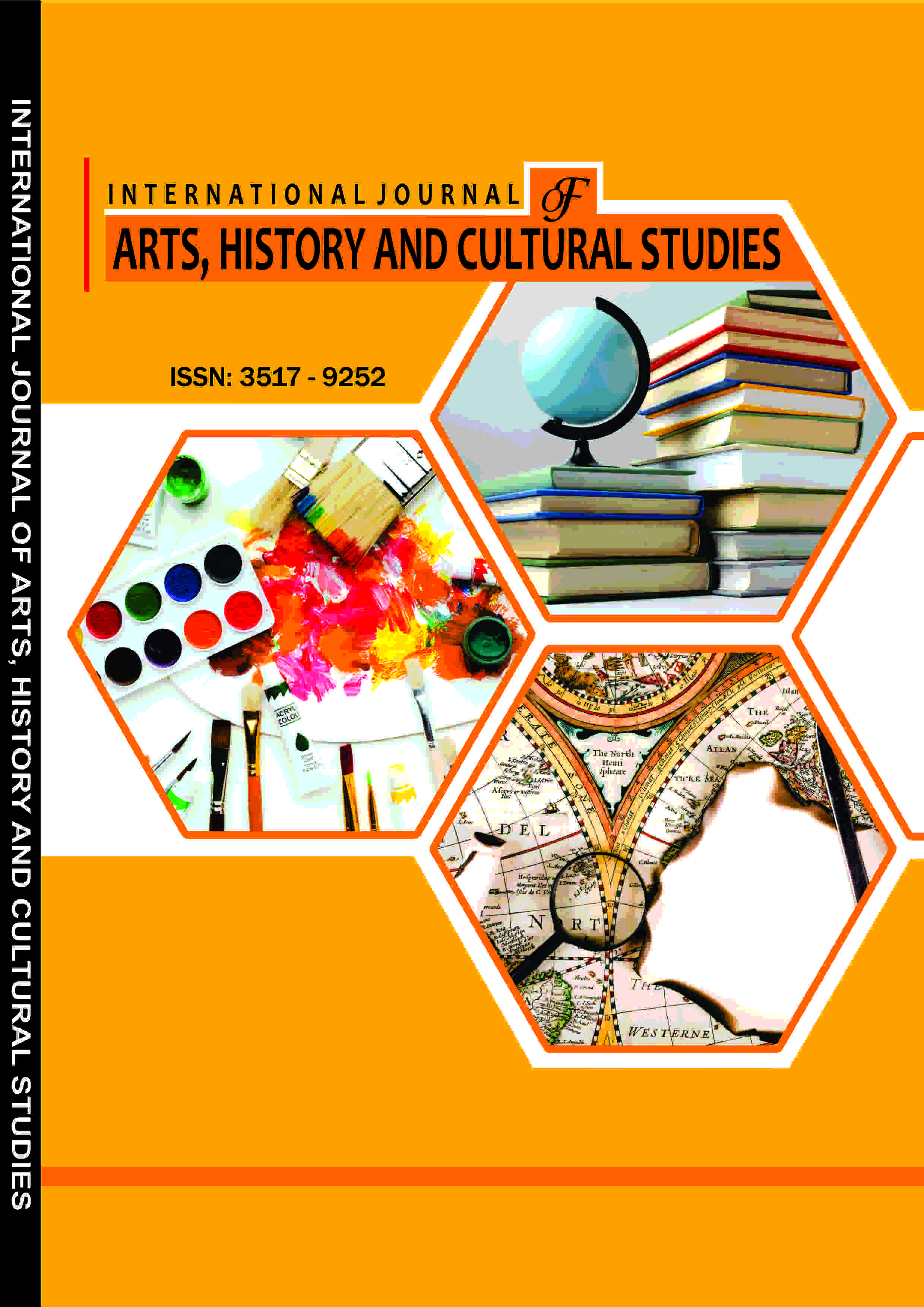INTERNATIONAL JOURNAL OF ARTS, HISTORY AND CULTURAL STUDIES (IJAHCS)
Parental Role in the Nurturing of their Children’s Musical Talents
E-ISSN: 2695-1886
P-ISSN: 3517-9252
DOI: https://iigdpublishers.com/article/378
Music plays a fundamental role in children's cognitive, emotional, and social development. Research suggests that early exposure to music enhances brain function, memory, and creativity. Parental involvement is crucial in identifying and nurturing children's musical potential, as it creates a supportive environment that fosters growth and confidence. However, many parents lack the knowledge or resources to recognize early signs of musical talent and support their child's development effectively. This study explores how parents can identify musical potential in their children and the best approaches to nurturing these abilities. Early indicators of musical potential include rhythmic coordination, melodic recall, and emotional responses to music. Observing these behaviors allows parents to recognize innate musical abilities. Additionally, providing a musically enriched environment, exposing children to diverse musical genres and encouraging active participation in music-related activities are essential strategies for fostering musical growth. Howard Gardner’s Theory of Multiple Intelligences highlights musical intelligence as an area of cognitive strength in children, emphasizing the importance of nurturing this potential. Parents play a vital role by offering musical instruments, enrolling children in music education programs, and providing positive reinforcement. Economic and environmental factors also influence musical development, making accessibility to musical resources a critical aspect of talent nurturing. By understanding and applying effective strategies, parents can create an environment that enhances their children’s musical abilities, ensuring their cognitive and artistic growth. This study contributes to the broader discussion on parental involvement in early childhood education, emphasizing the need for a structured approach to musical talent identification and development.
Doris Kelechi Ofili PhD & Akugbo Success Nwobiandu
Black, J. (2020). Understanding Rhythm in Children. Music Education Journal, 25(3), 45-56.
Brown, A. (2017). Play-Based Learning in Music Education. Journal of Early Childhood Education,
12(2), 112-125.
Correia, A. I., Vincenzi, M., Vanzella, P., Pinheiro, A. P., Schellenberg, E. G., & Lima, C. F. (2023).
Individual differences in musical ability among adults with no music training. Quarterly journal of experimental psychology (2006), 76(7), 1585–598. https://doi.org/10.1177/17470218221128557
Davidson, J. W., Howe, M. J., & Sloboda, J. A. (1997). "Environmental factors in the development of musical performance skill." British Journal of Psychology, 88(4), 549-569.
Davis, P. (2018). Family Dynamics and Musical Development. Parenting and Education Quarterly,
30(4), 321-335.
